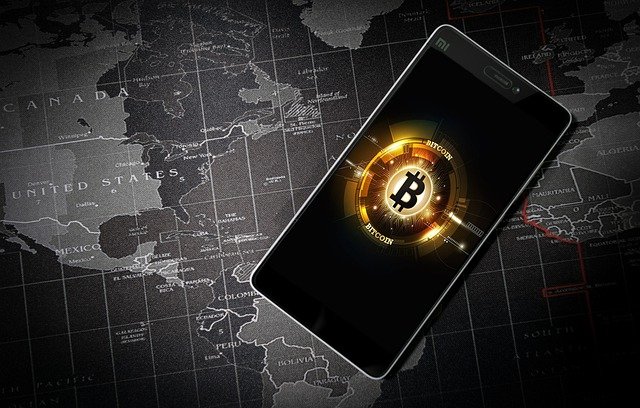Bitcoin Wallet and How Does It Work?
Image by Liam Ortiz from Pixabay
An example of a digital wallet is a Bitcoin wallet, which is used to transmit and receive Bitcoins. This is equivalent to a real wallet in terms of functionality. It is worth noting that the wallet does not contain physical currency, but rather the cryptographic information that is required to access Bitcoin addresses and send transactions. In addition to Bitcoin, certain Bitcoin wallets can be used to store other cryptocurrencies as well.
- A Bitcoin wallet is a device or software program that is used to store and send Bitcoins.
- A bitcoin wallet is a digital storage device that holds the private keys required to sign Bitcoin transactions. Anyone with knowledge of the private key can control the coins linked with that particular address.
- The most secure type of Bitcoin wallet available are the hardware Wallets. The internet wallets have the least security for the wallet.
- Some Bitcoin Trader wallets can be used to store a variety of cryptocurrencies at the same time.
Bitcoin Wallets: What You Need to Know
A Bitcoin wallet is a tool or program that can interface with the Bitcoin blockchain to store and transfer bitcoins. Although it is customary to think of Bitcoin wallets as “storage” devices for digital currency, a Bitcoin wallet is a cryptographic control point over a blockchain address.
Each Bitcoin wallet has a collection of private numbers, referred to as private keys, that correspond to the user’s blockchain address book, which is kept in a separate document. These credentials are used to verify Bitcoin transactions, thereby allowing the user authority over the bitcoins held in the account associated with them. If an attacker manages to obtain the private keys for a wallet, he or she will be able to transfer the Bitcoins stored in that wallet to their wallet.
Types of Bitcoin Wallets:
To sum it up, there are a lot of different kinds of digital wallets.
Wallets for Personal Computers:
Users have complete control over their wallets with desktop wallets, which are installed on a desktop or laptop computer. Node software or exchange integration are features that can be found in some desktop wallets.
Though they are somewhat safe, desktop wallets come with the risk of the computer itself being compromised. Bitcoin Core, Armory, Hive OS X, and Electrum are well-known desktop wallets.
Wallet Apps for Smartphones:
Similar to desktop wallets, smartphones and other mobile devices have mobile wallets that fulfill similar services. Scanning a QR code is a common payment method in mobile Bitcoin wallets.
Most mobile wallets are available for both iOS and Android users. Bitcoin Wallet, Hive Android, and Mycelium Bitcoin Wallet are included in Mobile Bitcoin wallet. You should do your study carefully before choosing a Bitcoin wallet because malware has been disguised as one on numerous occasions.
Wallets on the Internet:
A web wallet is an online service that allows you to send and store cryptocurrency on behalf of another party. Web wallets have the major advantage of being accessible from any device and from anywhere, just like checking your email.
However, the main worry is security. Users’ passwords are at risk from malware and phishing, as well as high counterparty risk. Many Bitcoin users have discovered that after logging into a third-party service, their Bitcoins have mysteriously disappeared.
Hardware Wallets:
By far, the most secure sort of Bitcoin wallet is a hardware wallet, which stores private keys on a physical device that cannot connect to the internet. These things resemble a USB drive, but they’re much smaller. Plugging in a hardware wallet allows users to sign transactions without compromising their private keys on their computer when they choose to do so in Bitcoin.
Theft attempts have been few and far between with hardware wallets due to their resistance to malware attacks. These gadgets can cost anywhere from $100 to $200, depending on features. Both hardware wallet manufacturers, Ledger and Trezor, are well-known.
There Are Certain Things You Should Know About Wallet Security:
Because cryptocurrencies are such lucrative targets for cybercriminals, it’s critical to keep your wallet secure. Two-factor authentication for trades and storing big sums on an offline device are other protections to consider.
It can be used to recover your funds if your device is stolen or otherwise destroyed in some way. Keep these words in a secure location since anyone who discovers them can steal your cryptocurrency.

